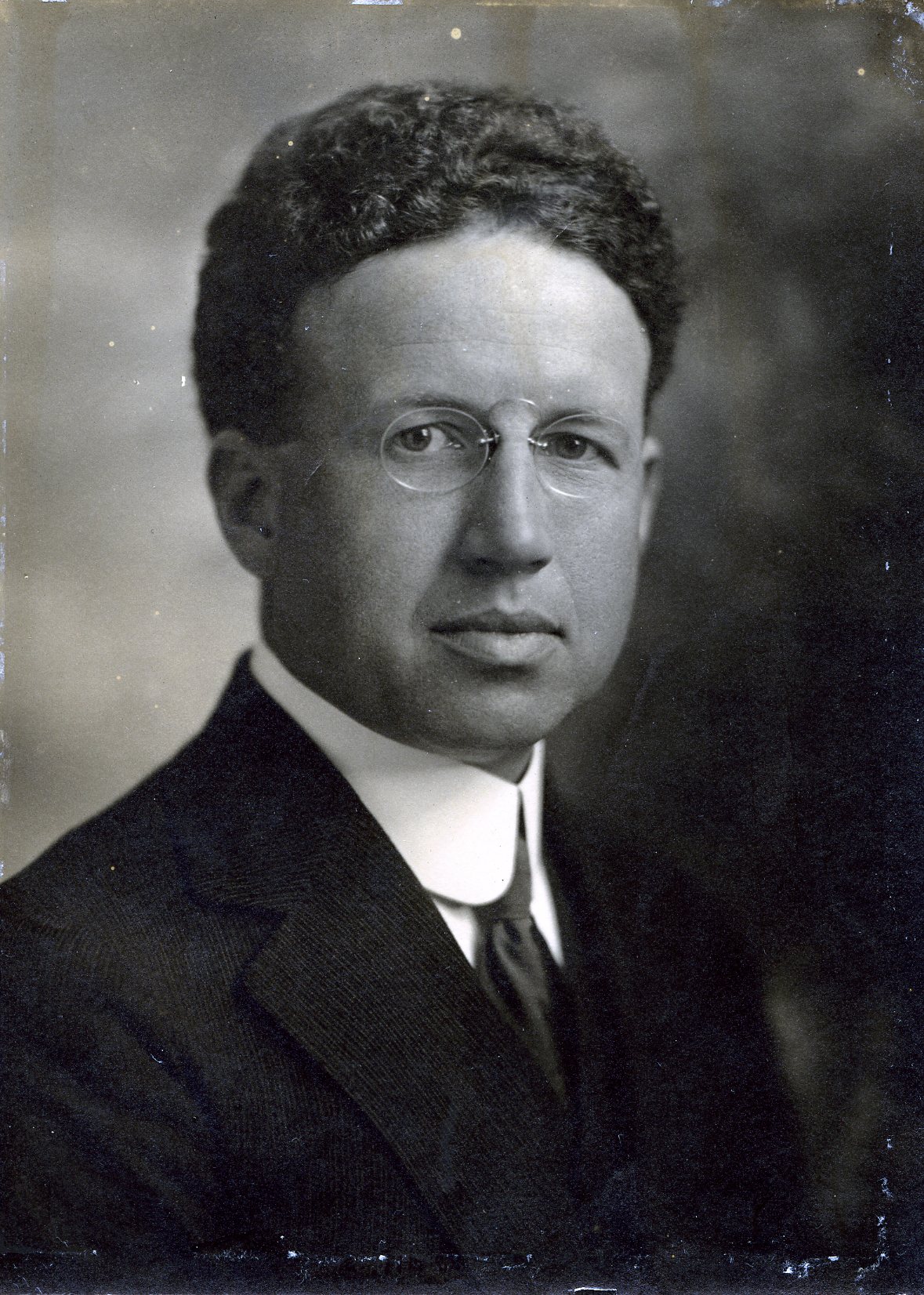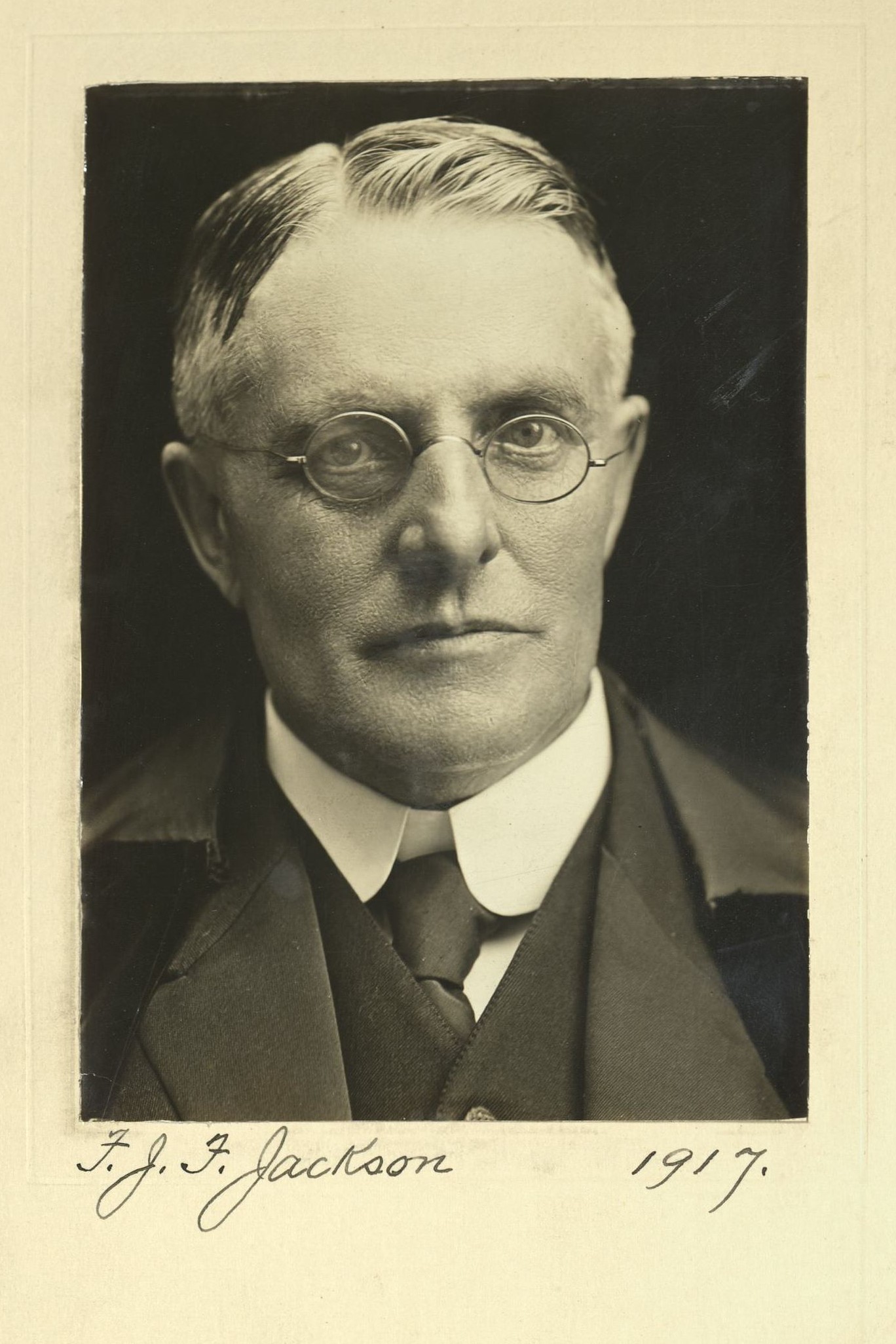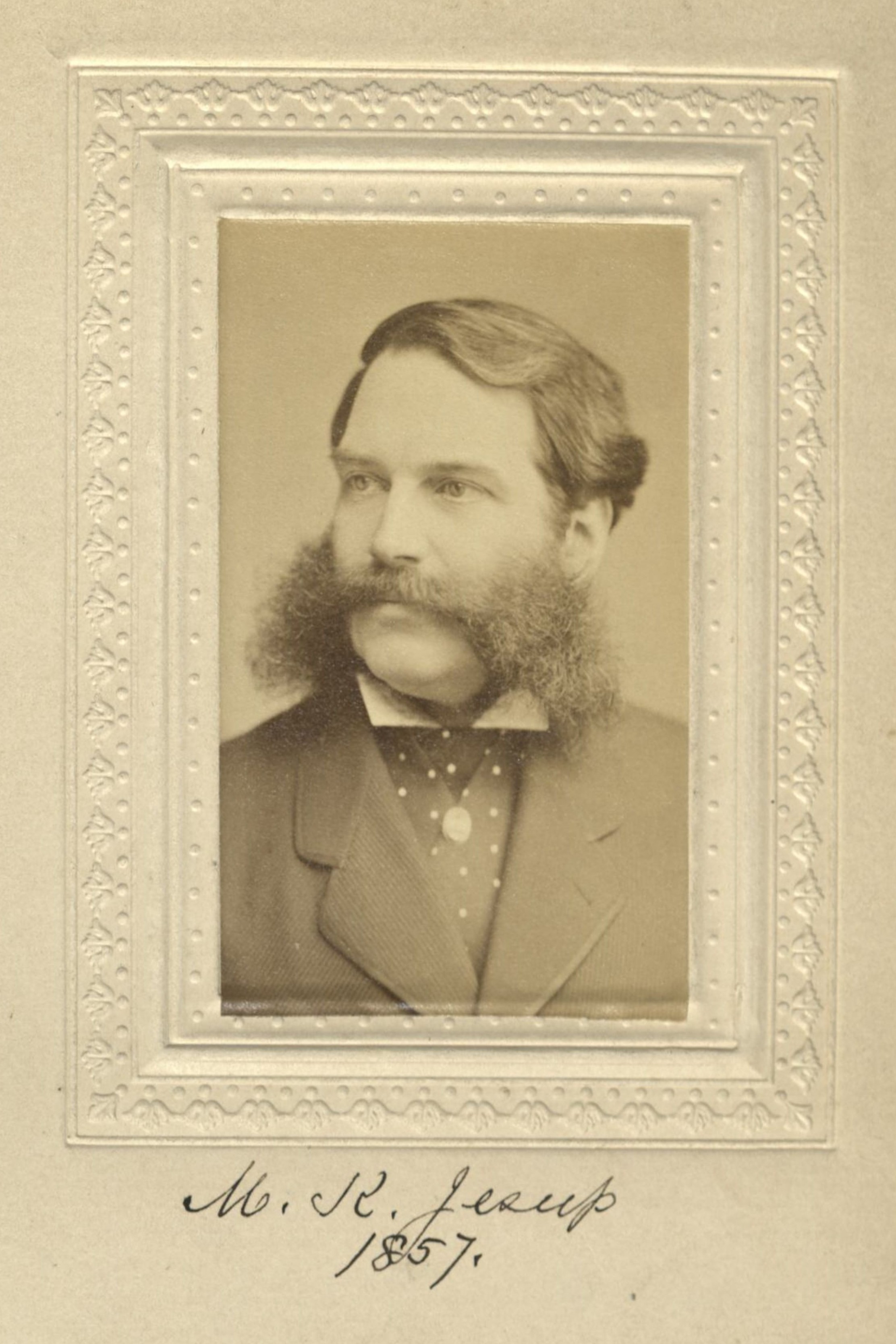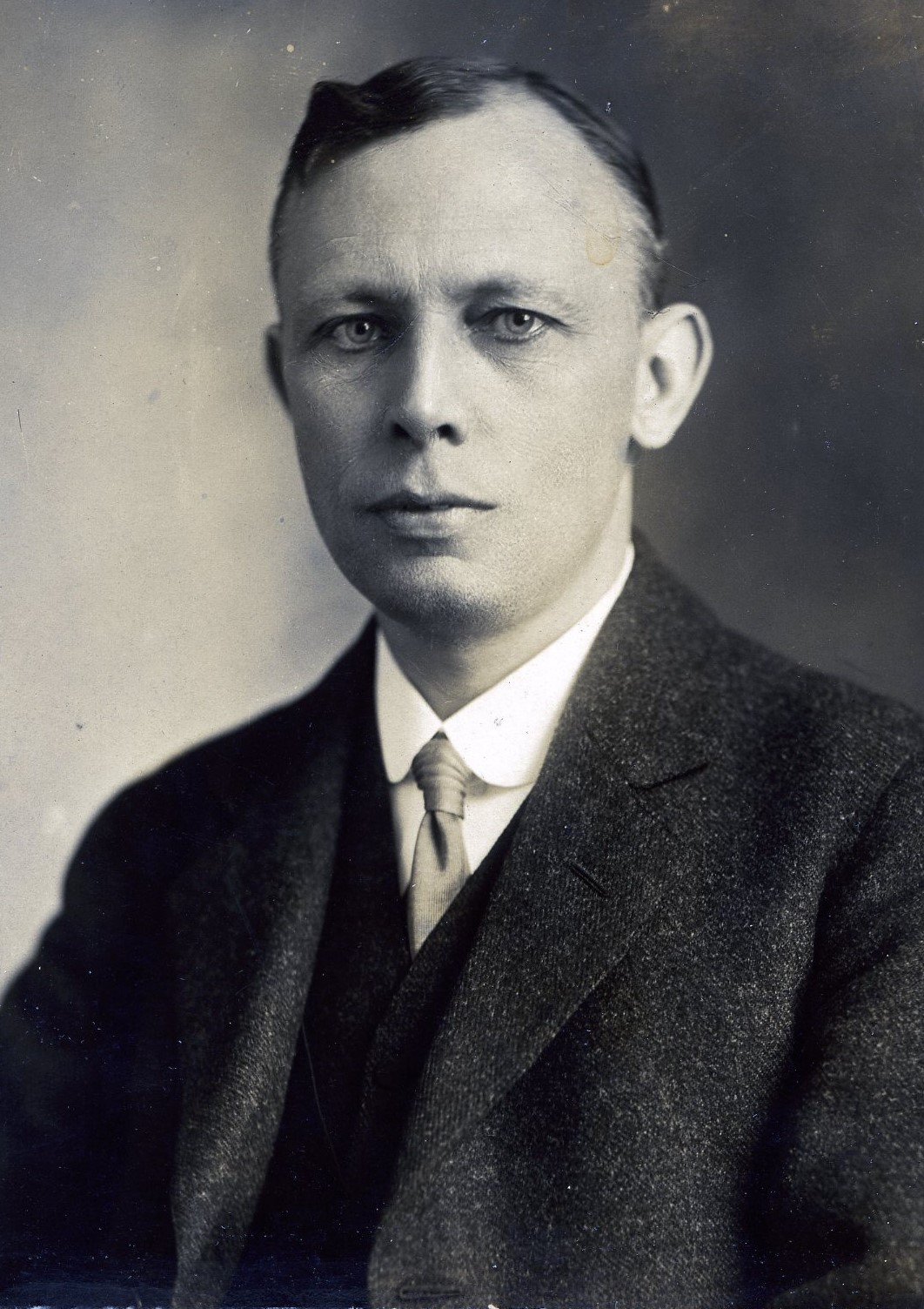Member Directory,
1847 - 1922
Hugh Black
Professor/Clergyman
Centurion, 1907–1953
Charles A. Briggs and Arthur C. McGiffert
Rothesay, Scotland
Glen Ridge, New Jersey
Age thirty-nine
Montclair, New Jersey

Century Memorial
Dr. Hugh Black was born in Rothesay, Scotland, and had his education in the schools and colleges of his native land, graduating from Glasgow University in 1887 and from the Free Church Theological College of Glasgow in 1891.
He began his ministry at the Sherwood Church, Paisley, Scotland; but when still a young man of only twenty-eight, five years out of theological college, he was called to St. George’s United Free Church, Edinburgh (of which his younger brother, James, was later pastor), in a collegiate ministry with one of the most notable Scottish preachers of the day, Dr. Alexander Whyte. The senior and junior colleagues took responsibility for the sermons at the morning and evening services respectively; and it was a favorite saying in Edinburgh at the turn of the century that Dr. Whyte blackened the congregation of Free St. George’s each Sabbath morning, while Hugh Black whitened them at night.
This youthful preacher of precocious brilliance caught the attention of the Board of Directors of Union Seminary in New York. In 1906 Mr. Morris K. Jesup made provision for the endowment of a graduate professorship of preaching, and Hugh Black became its first incumbent.
Always a man of arresting appearance and demeanor, his marked Scots “burr” gave to his preaching a distinctive charm. Unlike most visiting preachers in schools and colleges, he delighted to preach at required chapel services because of their challenge to his capacity to grip and hold his reluctant congregations. In contrast to his colleagues in the department of homiletics, he held that the ink should be wet upon the sermon manuscript when the preacher entered the pulpit, an admonition which it was his habit to practice.
He was a flaming evangelist and one of the outstanding figures in the English-speaking Church, and while he was young and strong he was marvelously effective both as a preacher and as a teacher. His latter days were straitened by ill-health; and with the decline of his energy came a loss of power, and he preached but little. To the end, however, his personal charm endured, and he was a delightful companion always.
George W. Martin
1954 Century Association Yearbook
Related Members
Member Directory Home-
 Charles A. BriggsProfessor, Union Theological SeminaryCenturion, 1893–1913
Charles A. BriggsProfessor, Union Theological SeminaryCenturion, 1893–1913 -
 Harry Emerson FosdickClergyman/ProfessorCenturion, 1917–1969
Harry Emerson FosdickClergyman/ProfessorCenturion, 1917–1969 -
 Frederick John Foakes JacksonProfessor, Union Theological SeminaryCenturion, 1917–1937
Frederick John Foakes JacksonProfessor, Union Theological SeminaryCenturion, 1917–1937 -
 Morris K. JesupBanker/PhilanthropistCenturion, 1857–1908
Morris K. JesupBanker/PhilanthropistCenturion, 1857–1908 -
 Kirsopp LakeProfessorCenturion, 1918–1946
Kirsopp LakeProfessorCenturion, 1918–1946 -
 Arthur C. McGiffertProfessor of Church HistoryCenturion, 1899–1933
Arthur C. McGiffertProfessor of Church HistoryCenturion, 1899–1933 -
 R. Bruce TaylorUniversity PresidentCenturion, 1920–1954
R. Bruce TaylorUniversity PresidentCenturion, 1920–1954




